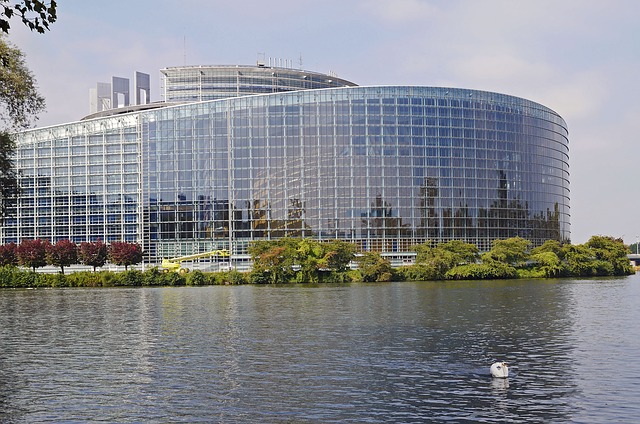On 18 May 2016, the Permanent Representatives Committee (Coreper) approved, on behalf of the Council, an agreement with the European Parliament on a one-year delay to new securities market rules.
The one-year postponement of the transposition and application dates will affect the provision of services for investments in financial instruments and the operation of regulated financial markets. Provisional agreement was reached with the European Parliament on 2 May 2016, and a regulation will now be adopted to enact the extension.
“MIFID” and “MIFIR”
A recent revision of rules on financial instruments set out to promote the integration, competitiveness, and efficiency of EU financial markets. The Council adopted these in May 2014, amending and replacing an existing “MIFID” text that regulates markets in financial instruments.
The rules consist of two legislative instruments:
- regulation 600/2014 (“MIFIR”), aimed at improving transparency and competition of trading activities by limiting the use of waivers[1] on disclosure requirements and by providing for non-discriminatory access to trading venues and central counter-parties (CCPs) for all financial instruments, and requiring derivatives to be traded on organised venues;
- directive 2014/65/EU (“MIFID II”), amending rules on the authorisation and organisational requirements for providers of investment services and on investor protection. The directive also introduces a new type of trading venue, the organised trading facility (OTF). Standardised derivatives contracts are increasingly traded on these platforms, which are currently not regulated.
New dates
Under the approach agreed with the European Parliament:
- the deadline for the member states to transpose MIFID II into national legislation will be set for 3 July 2017;
- the date of application of both MIFID II and MIFIR will be set for 3 January 2018.
Other provisions
Additionally, amendments were agreed as concerns trading on own accounts, package transactions, alignment with the EU directive on securities financing transactions and the date of application of certain provisions of a regulation on market abuse.
Implementation challenges
Both the directive and the regulation were to become applicable 30 months after entry into force, i.e. as of 3 January 2017, with member states having to transpose the new directive by 3 July 2016. However, due to technical implementing challenges faced by the European Securities and Markets Authority (ESMA) and by national competent authorities, essential data infrastructures will not be in place by 3 January 2017.
The new framework requires trading venues and systematic internalisers to provide competent authorities with financial instrument reference data that describes in a uniform manner the characteristics of every financial instrument subject to the scope of MiFID II. In order to collect data in an efficient and harmonised manner, a new data collection infrastructure must be developed. This obliges ESMA, in conjunction with competent national authorities, to establish a data system covering a wider range of financial instruments, given the extended scope of MiFID II.
On 2 October 2015, ESMA informed the Commission that a delay in the technical implementation of MiFID II was unavoidable. Neither competent authorities nor market participants will be in a position to apply the new rules on 3 January 2017. This would lead to legal uncertainty and potential market disruption.
The regulation extending the deadlines for transposition of MIFID II and application of MIFID II and MIFIR is expected to be approved by the European Parliament at first reading. It will then be submitted to the Council for adoption.
The Council statement is available together with the draft directive and the draft regulation amending MiFID II and MiFIR regarding certain dates here.
